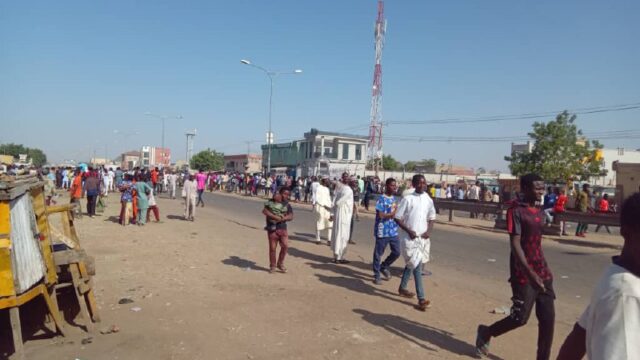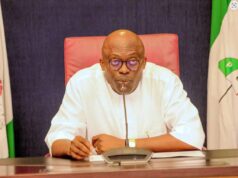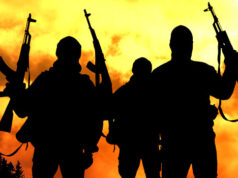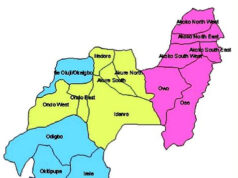The #EndBadGovernance protests organised across Nigeria have turned violent in major cities such as Kano, Gombe, and Abuja.
In some cases, the violence was caused by the actions of security officials while in others, the violence occurred due to the actions of some overzealous protesters or counter-protesters.
The protest started peacefully in all aforementioned states as well as others monitored by PREMIUM TIMES.
Background
Thousands of Nigerians began a 10-day nationwide protest on Thursday to express their frustration over lingering economic hardship.
President Bola Tinubu has said he recognises the right to peaceful protests. Still, his administration is wary of the “dangers” associated with demonstrations that are “vulnerable” to being hijacked by criminals.
The president, as well as other relevant officials of his cabinet, have urged the youth to shelve the protest, saying the protests are unwarranted and politically motivated.
On Thursday, the protest organisers in Abuja and other parts of the country called for the reversal of the fuel price hike, the restoration of affordable electricity tariffs, and the reduction of import duties to their previous rates.
As displayed in some of the placards carried by the demonstrators, the protesters also called for the reversal of many institutions’ hikes in tertiary education fees, the security of farmlands for farmers, and a reduction in the prices of staple foods, among other things.
They are also demanding full transparency and accountability in governance, including the public disclosure and reduction of public officials’ salaries and allowances and an emergency fund to support SMEs.
Violent protests
In Abuja, protesters moving towards the three Arms Zones were tear-gassed in a bid to disperse them and prevent them from accessing the area.
The zone is where the National Assembly, the Supreme Court, and the Aso Villa are located.
Armoured Personnel Carriers conveying soldiers and police operatives were deployed to prevent the protesters from entering the Three-Arms Zone.
Earlier, Abuja protesters at the entrance of the MKO Abiola stadium were told by the police to go inside the stadium. They refused and instead commenced a march towards Eagle Square, close to the Three Arms Zone.
PREMIUM TIMES reporters on the ground observed that in an attempt to prevent the protesters from accessing the iconic Eagle Square around the Three Arms Zone, the police fired tear gas indiscriminately.
As soon as the protesters approached Eagle Square, chaos ensued. The police stationed at strategic points took up tactical positions around the protesters and fired tear gas at them.
However, instead of dispersing, the protesters are regrouping.
Many protesters have regrouped around the Ministry of Finance, blocking Ahmadu Bello Way and pushing back towards the police. Many people were injured, and police specifically targeted journalists and arrested at least two of them, including a PREMIUM TIMES journalist whose phone was seized after he was beaten despite identifying himself as a journalist.
The police also used tear gas to disperse another set of protesters at the NYSC junction in Kubwa.
In Kano state, the protest turned violent after some protesters took to the streets with dangerous weapons.
At about 10:15 a.m., Kano protesters invaded a popular Rufaidah Yoghurt store in Hadejia Road, Kano, and went on a looting spree.
The protesters also looted a yet to be commissioned industrial park belonging to the Nigeria Communications Commission.
Similarly, the peaceful protests in Gombe took a dramatic turn as clashes erupted, leading to a chaotic scene that required the intervention of security officials.
Local leaders and community organisations have called for calm and dialogue to address the underlying issues that sparked the protest.
Efforts are being made to engage with protest organisers and government officials to find a resolution and prevent further unrest.







